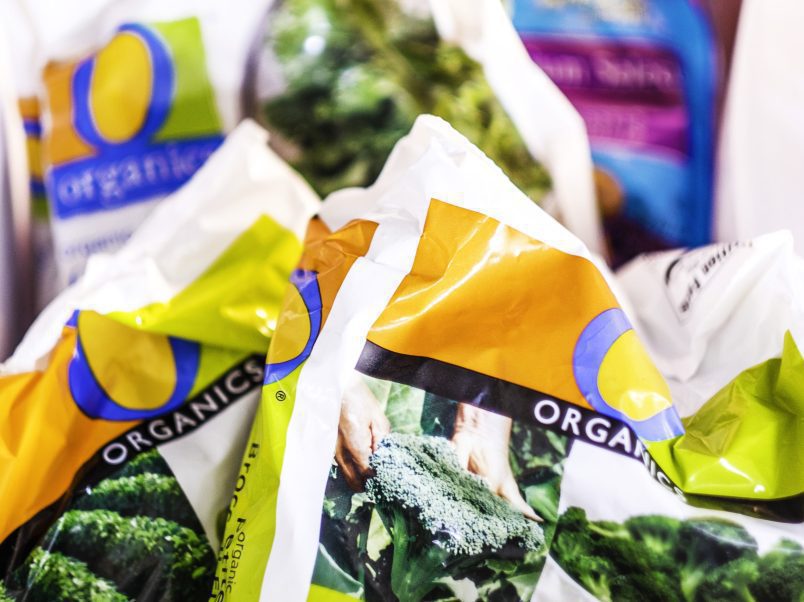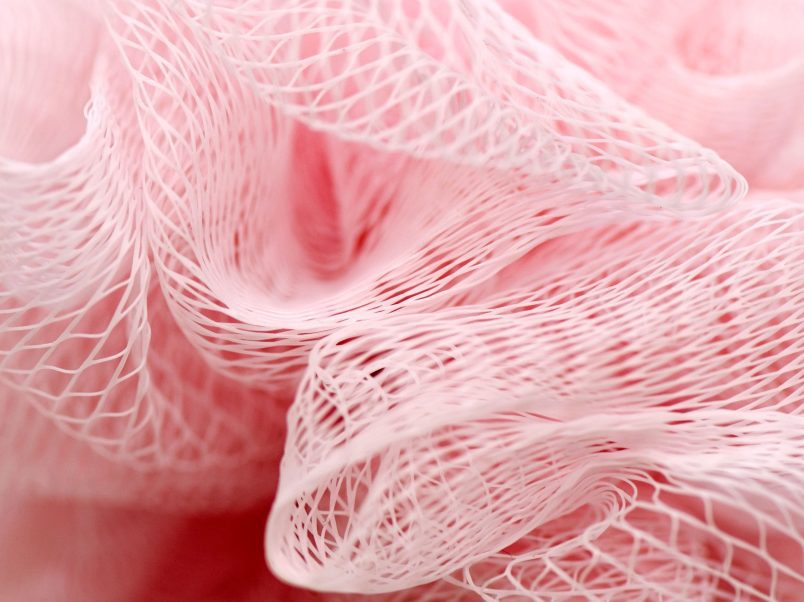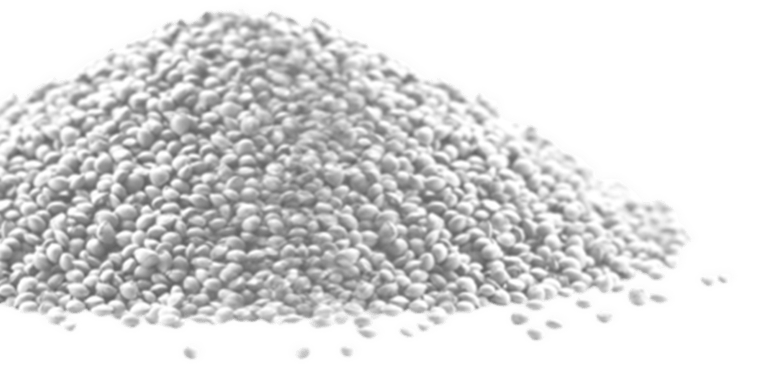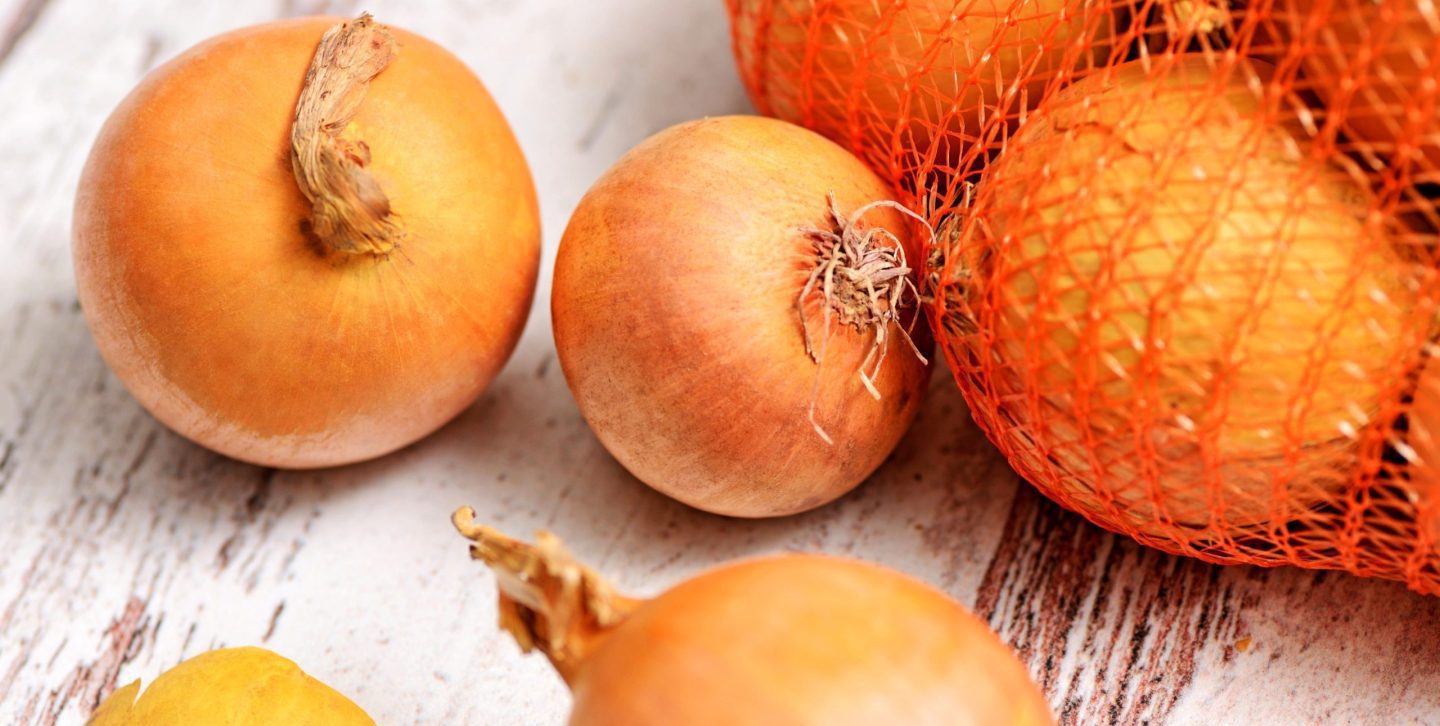
Nettings from Bioplastics
Compostable nets are an effective packaging solution for fresh food like fruits and vegetables.
Compostable nets are an effective packaging solution for fresh food like fruits and vegetables.
We are happy to help.
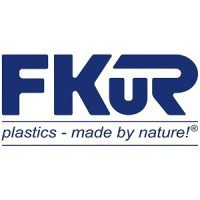
Sales team
Naturally protected – compostable fruit and vegetable nets
Nets are mostly used for packaging fresh food and vegetables. The quality factors of the plastics used here are a high elongation at break, high resistance and good pressure and welding properties.
Plastic nets for food made from renewable raw materials are also gaining in importance. Whether onions, limes, oranges or potatoes, fruits and vegetables always look good in bioplastic nets.
Food packaged in nets instead of plastic bags can “breathe” better. This prevents moisture from accumulating in the packaging and prevents premature germination or even rotting of the contents. Especially for large or standardized sales quantities, packaging nets have advantages over unpackaged food: purchases and transport are easier and faster.
Certified compostable nets have an additional advantage when it comes to disposal: Food that is no longer suited for sale or consumption can be disposed of together with the packaging in the organic waste (please observe local regulations).
Bio-Flex® F 2110 is particularly suitable for the production of compostable nets, as it has high toughness and good resilience. With Bio-Flex® you can produce both extruded and woven nets with a soft, natural feel.
Due to the outstanding mechanical properties, nets made from Bio-Flex can be filled mechanically without any problems. The good sealing strength keeps its promise and withstands even high loads from vertically filled foodstuffs (VFFS-suitable).
Keep spinning the yarn with bio-based fibers and packaging nets
For the production of purely bio-based fibers and nets, we recommend Green HDPE SHE 150 from our I’m green™ distribution portfolio. This bio-based HDPE granulate is produced from the renewable raw material sugar cane instead of crude oil. It has exactly the same properties as fossil HDPE and can be processed in exactly the same way. This not only saves finite resources, but also effectively reduces greenhouse gas emissions. Green PE nets are not compostable, but 100% recyclable. Therefore, they should be collected and recycled via recyclable material collection systems.
In addition to the classic fruit and vegetable nets, bioplastics can also be used for net protection hoses in many other industries. They provide optimum protection during production, internal logistics and storage of the goods they contain. In addition, nets of all types and colors can be used as packaging nets for toys or household goods and as tree protection.

